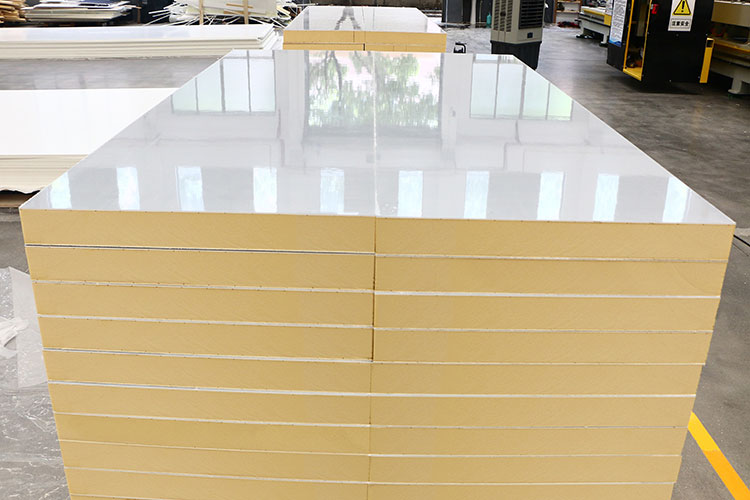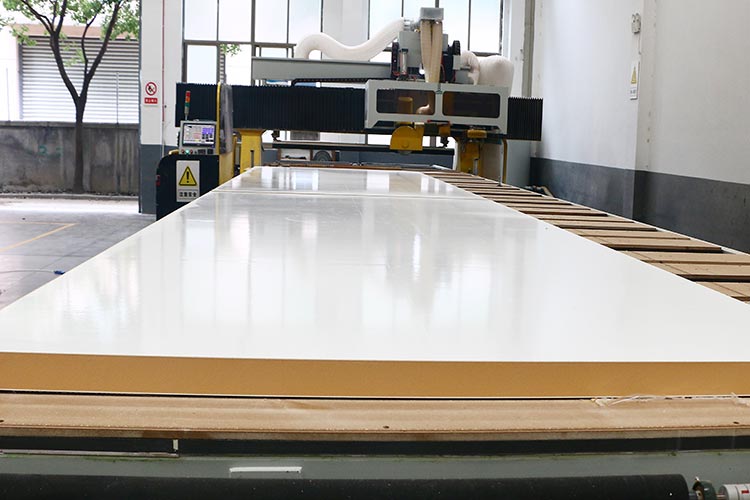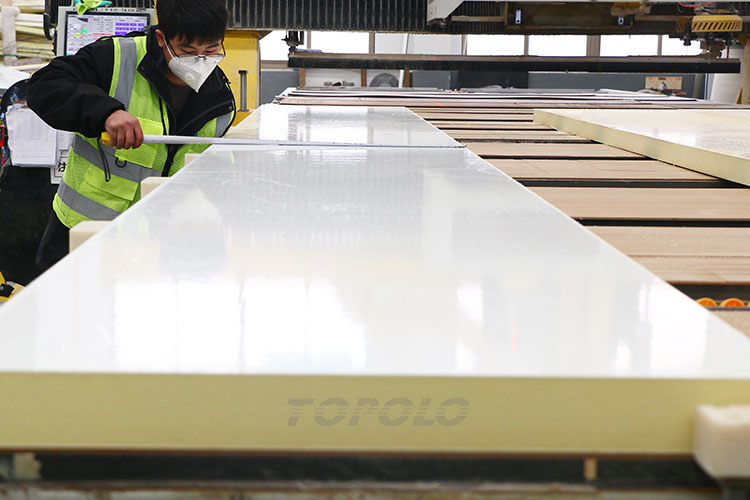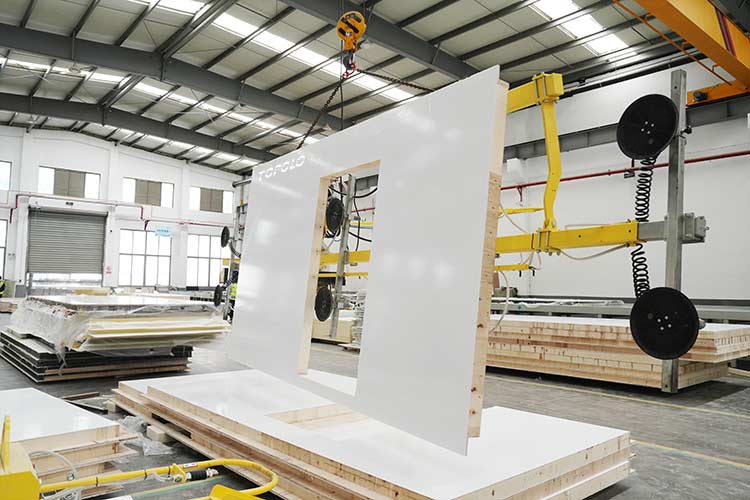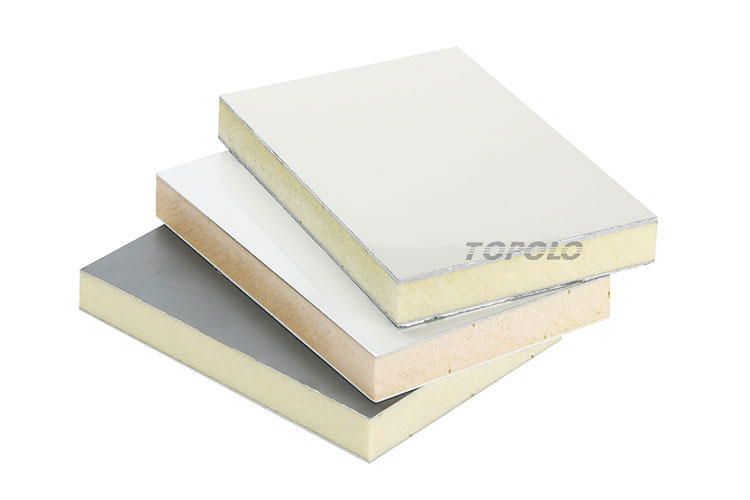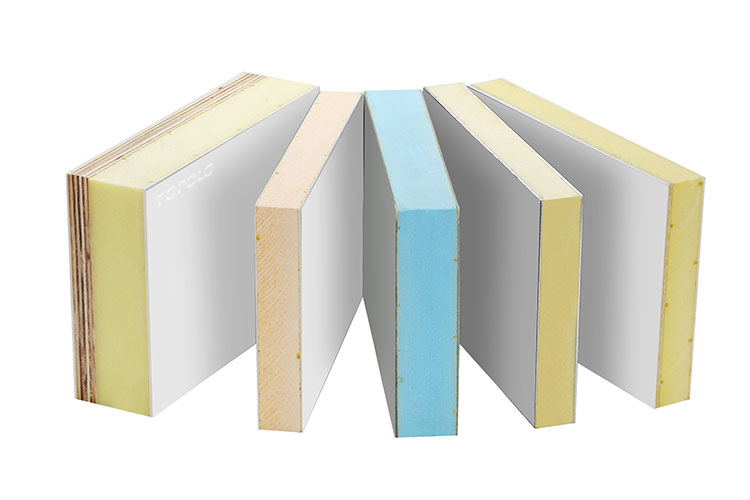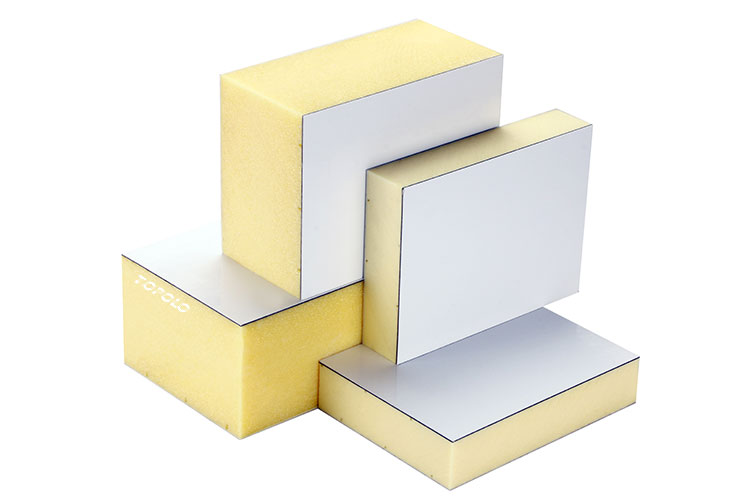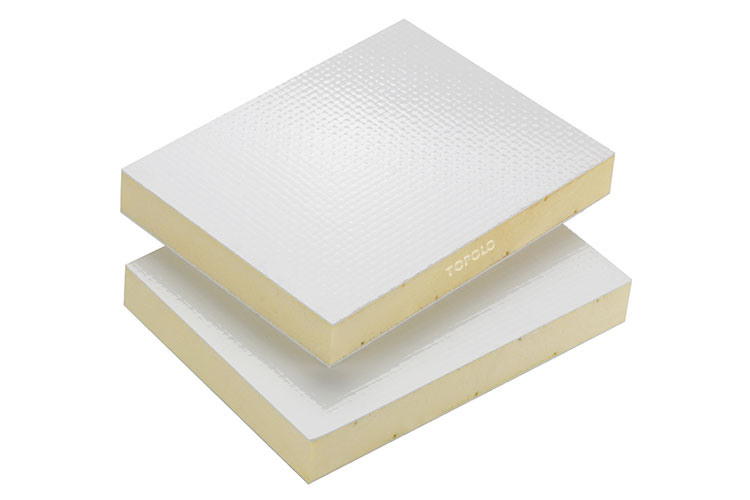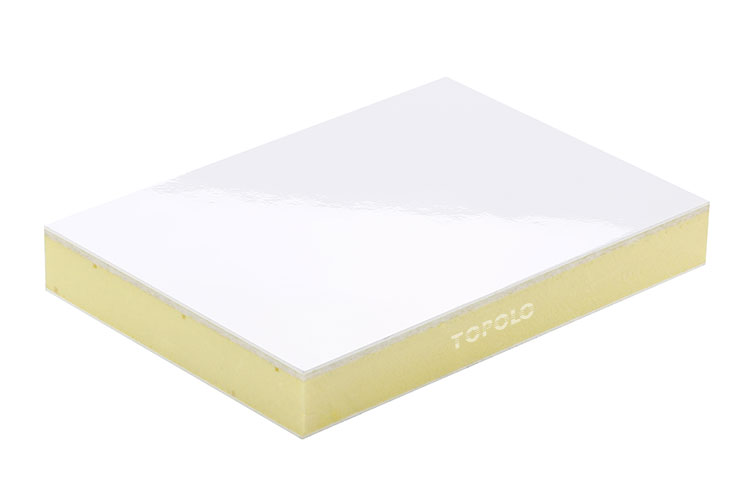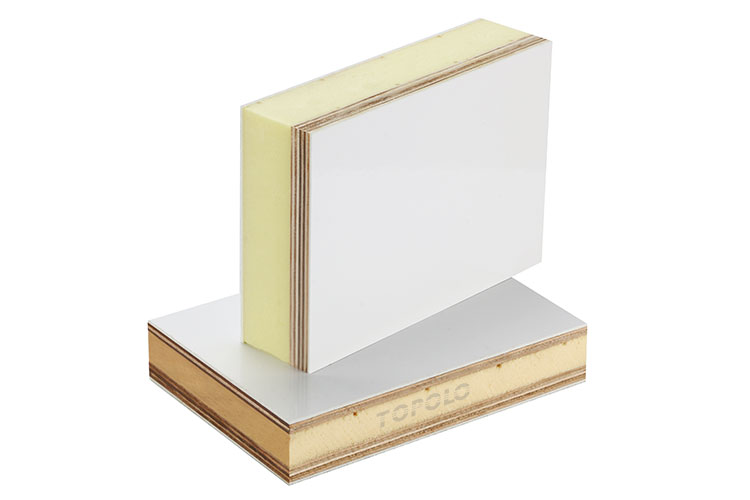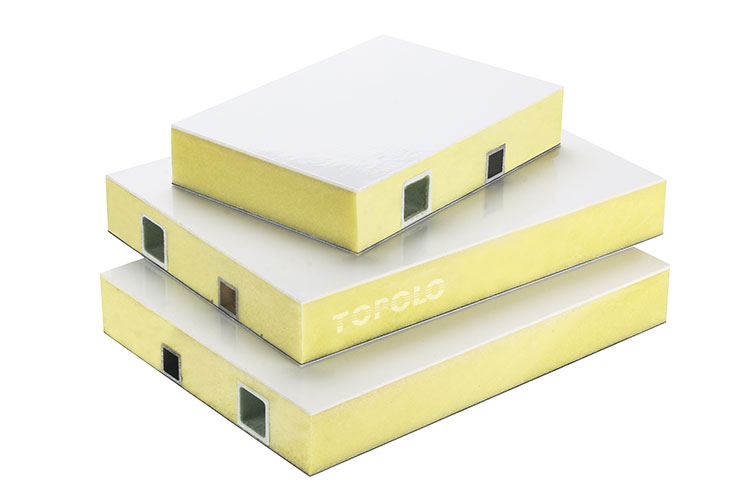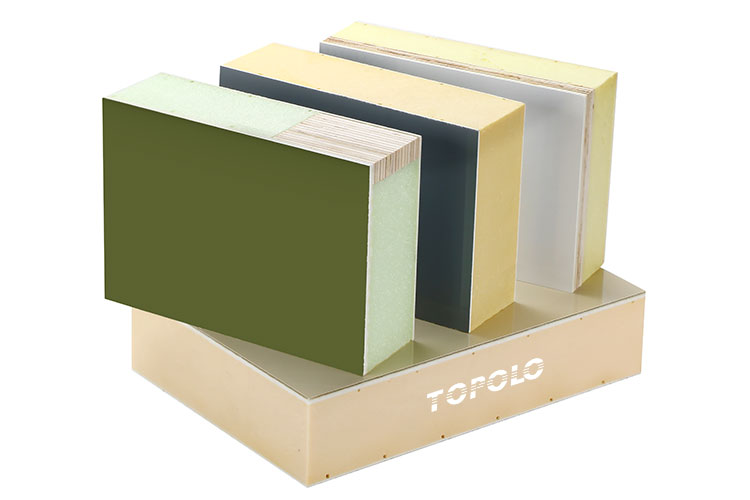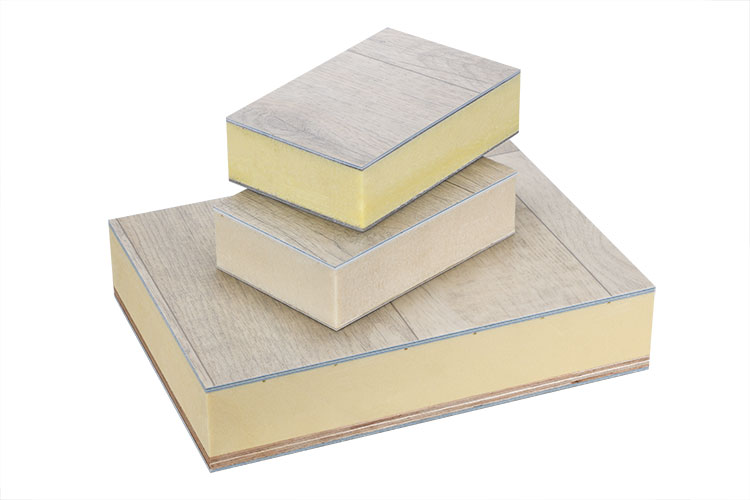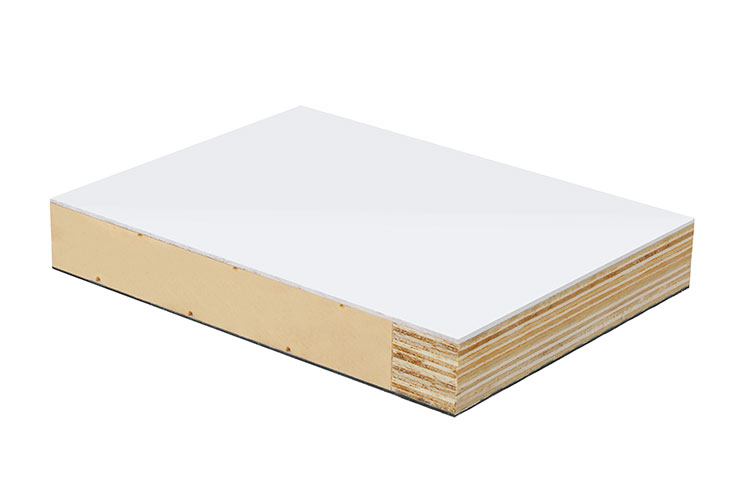主页» 材料 » XPS泡沫夹芯板
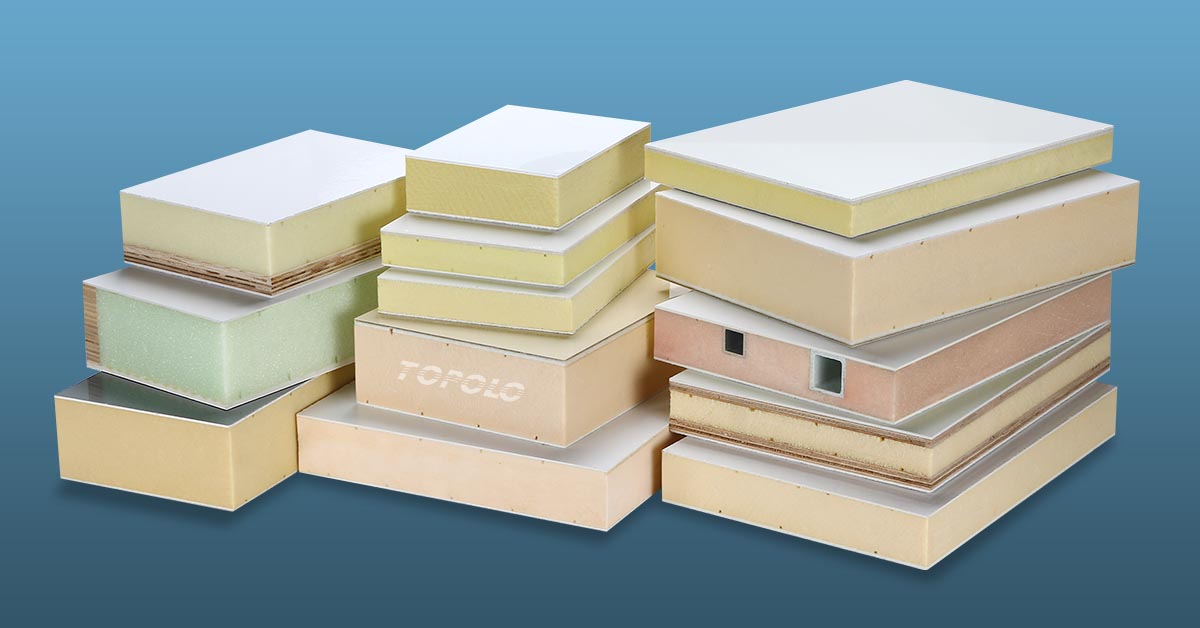
XPS泡沫玻璃纤维夹层面板结合了XPS(挤压聚苯乙烯)泡沫和FRP(玻璃纤维增强塑料)的特性,提供卓越的性能,轻质、隔热、防水、美观、易于清洁且价格实惠。它广泛应用于需要热绝缘的各类行业。
轻量化
低密度大大减轻了载体上的负载。
热绝缘
低热导率,阻挡热量和冷空气的传导,并且长时间保持配电箱内部温度。
防水
表面的FRP不易附着水分,内部的XPS泡沫也无法吸水。它适合各种潮湿和高盐分环境。
美学
其表面为平整光滑的凝胶涂层FRP,呈现出吸引人的视觉效果,且有多种颜色和图案可供选择。
容易清洁
表面污渍可以用水或清洁剂轻松清洁。
案件展示
规格
| 表皮 | 凝胶涂层FRP/GRP板(厚度:0.7-5.0毫米) |
| 表面处理 | 光面、哑光、浮雕、防滑等 |
| 芯材 | XPS(挤压聚苯乙烯)泡沫(密度:35-50公斤/立方米) |
| 复合方法 | 不饱和聚酯胶 |
| 厚度 | 10-150mm |
| 长度 | ≤12000mm |
| 宽度 | ≤3200mm |
| 附加层 | 胶合板、能量吸收层等 |
| 框架材料 | 木材、玻璃纤维型材、铝型材、金属板等 |
| 工作温度 | -40℃到 +80℃ |
基本结构图
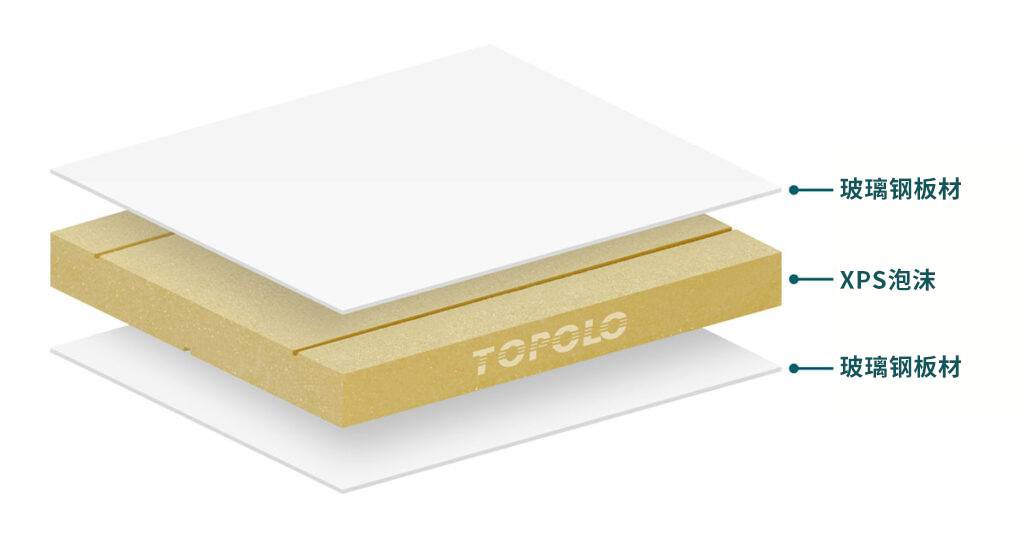
详情
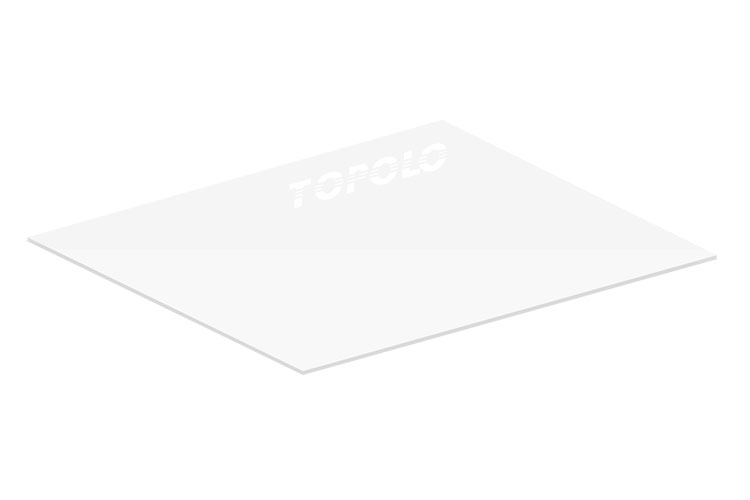 抗紫外线胶层FRP
抗紫外线胶层FRP
FRP板材是树脂基体和玻璃纤维的混合物。其厚度、颜色、表面处理等可根据需求进行定制。
- FRP表面经过紫外线防护处理。
- 阻燃剂会加入FRP。
- FRP的增强材料使用无碱玻璃纤维。
MORE
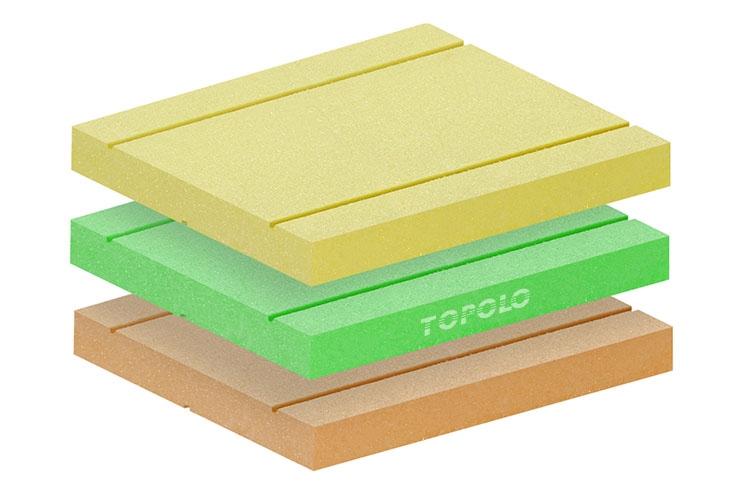 防水闭孔XPS泡沫芯
防水闭孔XPS泡沫芯
XPS泡沫是一种轻质闭孔泡沫,在各方面都具有优异的性能,非常适合制造高性能复合板材。
- 热导率:0.025-0.035W/m·K。
- 抗压强度:200-700 kPa。
- 抗拉强度:500–1000 kPa。
- 吸水率:低于0.5%。
MORE
应用
XPS泡沫FRP夹层板是可靠的隔热材料,常用作墙板、地板、屋顶板和隔断。它们广泛应用于以下行业:
- 房车。
- 冷藏卡车车身。
- 干货卡车车身。(针对寒冷地区)
- 冷藏室和仓库。
- 冷藏容器。
- 预制住宅和办公楼。
- 便携式小屋。
- 船只和游艇。
- 干净的房间。
- 冷却塔等。
生产与加工
我们是中国领先的泡沫夹心板制造商,凭借多年的行业经验,提供种类丰富且高品质的夹心板,以满足客户的各种需求。我们工厂配备了行业领先的复合板生产线,采用先进技术和创新生产技术,确保卓越的性能和精度。我们以提供定制化服务为傲,与客户紧密合作,提供符合其设计和功能需求的定制解决方案。无论您是在建筑、运输还是其他应用中需要太阳能板,我们都致力于提供可靠、高效且具成本效益的解决方案,满足您的需求。
https://youtu.be/ugDCZOtY4tU?si=a0AZF6WwTErAsWlv
- 一体式真空复合材料工艺:夹层板在真空环境中高压成型,以确保表面平整、粘结紧密,强度远超普通复合材料板。
- 出色的尺寸定制:我们的复合板最大尺寸可为12米×3.2米,这与当前最大集装箱尺寸40英尺(12.03米)一致。
- 可定制形状:通过高精度数控加工,我们可以制造任何形状的面板,以满足个性化设计需求,同时保持产品准确性和质量的一致性。
我们还提供带有聚氨酯(PU)、聚对苯二甲酸乙二醇酯(PET)和聚氯乙烯(PVC)泡沫芯的FRP夹层板。如需了解更多复合面板的信息,请咨询我们。

